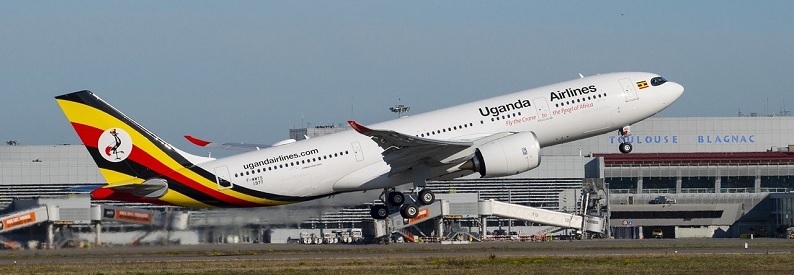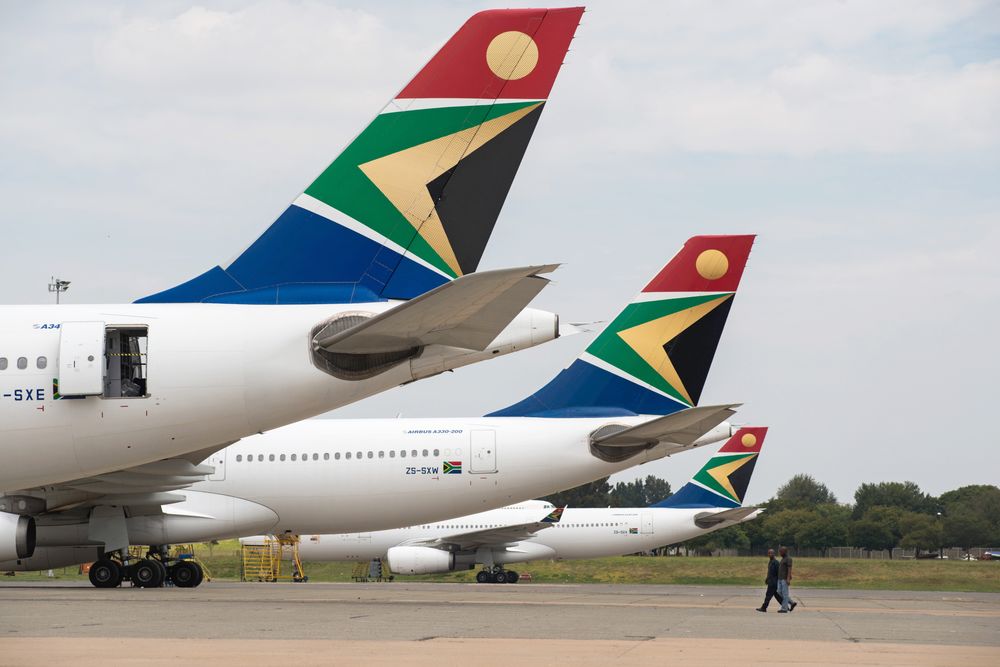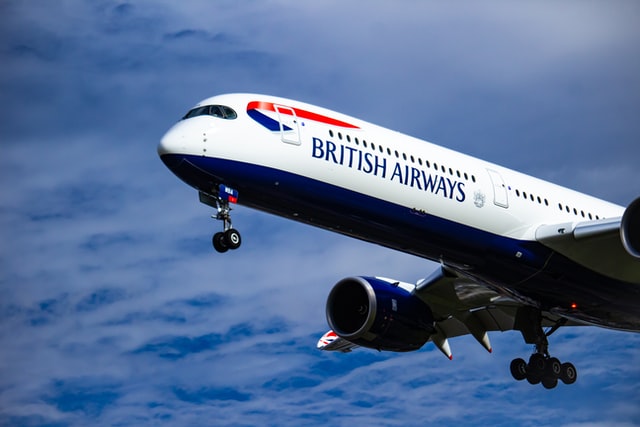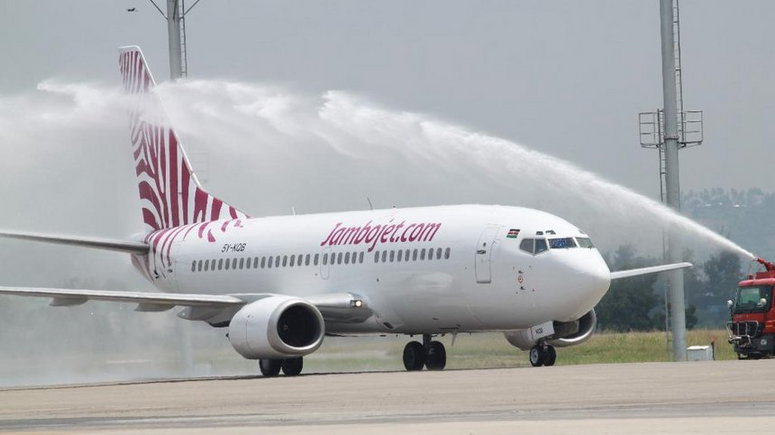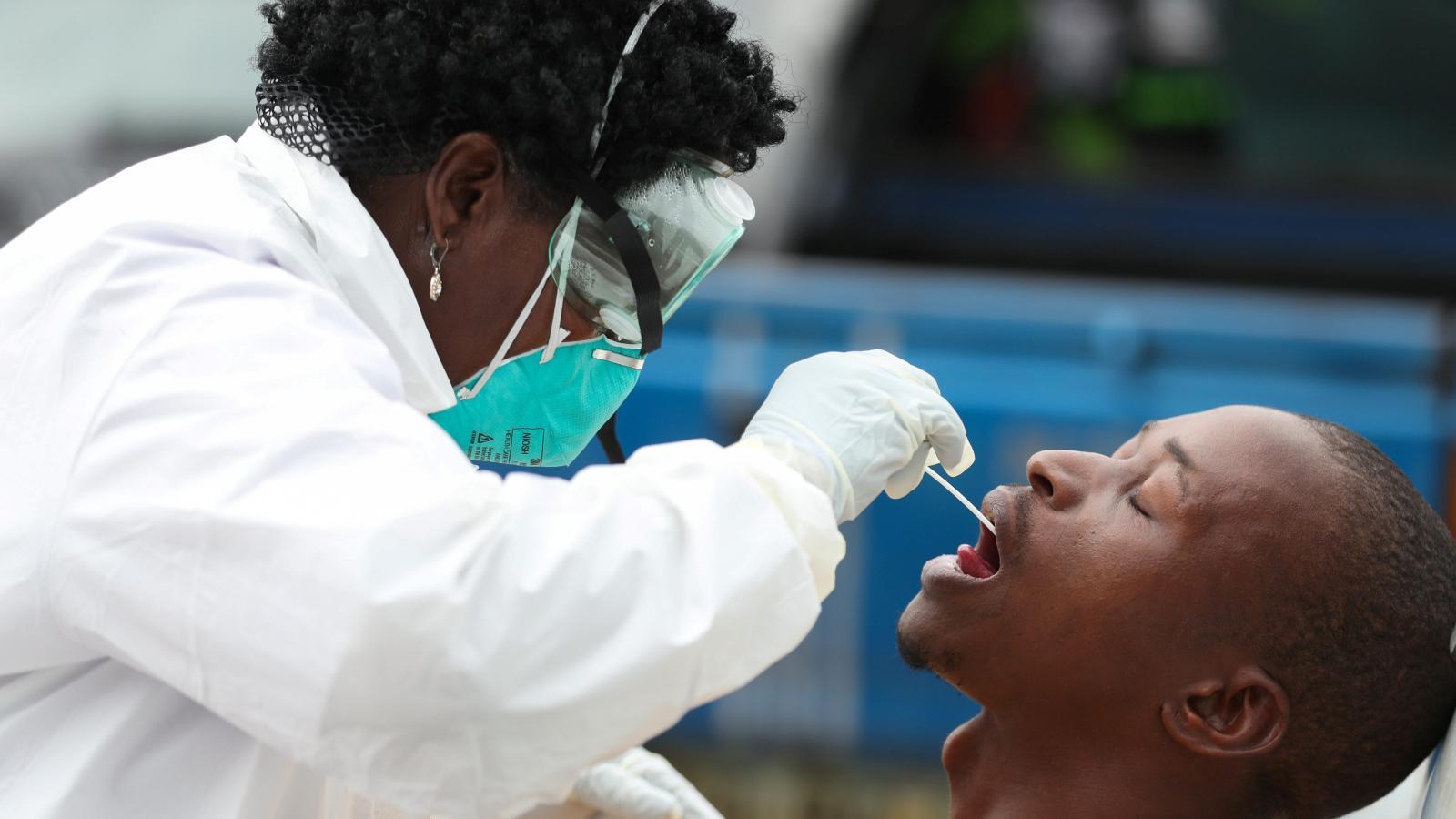In 2019, Andrew, a Liberian missionary and businessman based in Nigeria could buy a round trip ticket from Lagos to Monrovia at $450-$500. In 2021, that same ticket now costs $650-$700. In addition, Andrew now spends an extra $300, almost 50% of his ticket price, on mandatory Covid-19 tests for a round trip between the two west African cities.
The Covid-19 pandemic greatly affected the aviation industry as lockdowns and restrictions reduced travel. According to the International Air Transport Association (IATA), in 2020, the African aviation industry lost up to $7 billion.
As the pandemic approaches its second year, there is a gradual uptick in regional travel due to the gradual lowering of Covid-19 restrictions. In west Africa, post-lockdown travel came with an increased price regime for tickets that were already expensive, and mandatory Covid-19 tests for international air travel to all west African countries.
Most west African countries do not only require a negative Covid-19 test from a passenger’s country of departure, but also an additional test upon arrival. These tests are paid for by passengers and are usually conducted regardless of vaccination status.
West Africa flight travel was already cumbersome and expensive before Covid
A round trip from Lagos to Dubai can cost $650, which is the same cost for a round trip from Lagos to Monrovia. And while there are direct nonstop flights between Lagos and Dubai, in contrast, there is no direct flight between Lagos and west African cities like Monrovia, Freetown, Dakar, or Banjul.
Flying though still remains the fastest and most effective way of traveling between west African countries due to terrible road conditions and the lack of a region-wide rail system. Despite the fact that visas and visa fees are waived for citizens of the 15-member states of the Economic Community of West African States (ECOWAS), flying remains expensive. Covid-19 has further compounded the issue.
Those enforcing the current double testing regime argue that since Covid-19 tests are usually administered 3-7 days before departure, the additional testing on arrival helps to assure countries that passengers did not contact Covid-19 in that period between testing and travel. In addition, accusations of the issuance of false or fake Covid results for travel in some countries has resulted in a lack of trust in results not issued by the country of arrival.
The cost of a traveler’s Covid-19 test ranges from $40-$100 in most west African countries. For Andrew, this means that his round trip now requires him to pay $200 total for two Covid-19 tests on departure and arrival in Nigeria, and $100 total for two Covid-19 tests upon arrival and departure from Monrovia.
Policies to make it easier to travel between African countries exist, but implementation is low
The high cost of aviation fuel, high taxes, and government policies are among the major reasons why travel within west Africa remains expensive. In 1999, forty-four African states endorsed the “Yamoussoukro Decision” which called for regional air markets to be more open.
In January 2018, the African Union launched the Single African Air Transport Market (SAATM) to create a single unified air transport market in Africa. The SAATM is largely based on the Yamoussoukro Decision of 1999. The decision was never adequately implemented.
Andrew says “I have projects in Nigeria and Liberia. I used to make three trips a year, but tickets are so expensive now that I only make one trip a year”.
Like Andrew, the cost of Covid-19 tests are expensive for most west Africans. According to the World Bank, in 2020, the gross national income per capita of twelve of the fifteen members of ECOWAS stood at less than $2,300 with eight of the twelve standing at less than $1,300.
Ways of driving down Covid-19 testing costs in the region
While some countries have tried to reduce the number of tests required. For example, arriving passengers to Mali, Niger, and Cote D’ivoire only require a negative Covid test from their country of departure.
Other countries have made efforts to mitigate additional travel costs for passengers by pricing their Covid-19 tests on the lower end of the fee spectrum. Liberia charges $50 for tests for travel to an ECOWAS country as opposed to $80 charged for a test to travel outside west Africa. Similarly, Ghana charges ECOWAS citizens $50 for a test upon arrival in Ghana as opposed to $150 to other nationalities.
Cape Verde also allows flight travel for individuals who can provide a government issued Covid-19 certificate. This certificate consists of a negative test result, a certification of recovery from COVID-19, or a vaccination certificate showing the individual has been fully vaccinated. This measure is in line with a WHO July 2021 policy brief that advised states to remove mandatory testing and quarantine for international travelers who were vaccinated.
In 2020, the African Union launched its Covid-19 passport dubbed travelstart. The passport helps in verifying Covid-19 test certificates and the harmonization of entry and exit screening, especially with the threat of fake medical documentations. However, while countries like Kenya, Ethiopia, and Zimbabwe have started using the AU covid passport, west african countries have mostly not started using it.
Another effective way of reducing costs while addressing health concerns would be a reduction in the pricing of Covid-19 tests. Currently, molecular PCR tests are widely used, the use of cheaper alternatives could help reduce cost of testing.
UNICEF has announced cheaper rapid tests for as low as $2.55 per test. These rapid tests can also produce results in half an hour. Therefore, testing can be conducted on the day of travel thus eliminating the need of a second test on arrival.
Lastly, an increase in the manufacturing of Covid-19 test kits on the continent could also aid in reducing the cost of test kits. In May 2020, WHO and partners launched the Covid-19 Technology Access Pool to provide a global platform for developers of Covid-19 products to share their intellectual property, and data, with quality-assured manufacturers through public health-driven voluntary, non-exclusive and transparent licenses.
Cheaper air travel costs would be pivotal in increasing trade and travel within the west African region. However, it would be its sovereign nations that would have to make the significant decisions in reducing cost. In the meantime though, the pandemic just made things that much harder for regional travelers.
Source: Quartz Africa


